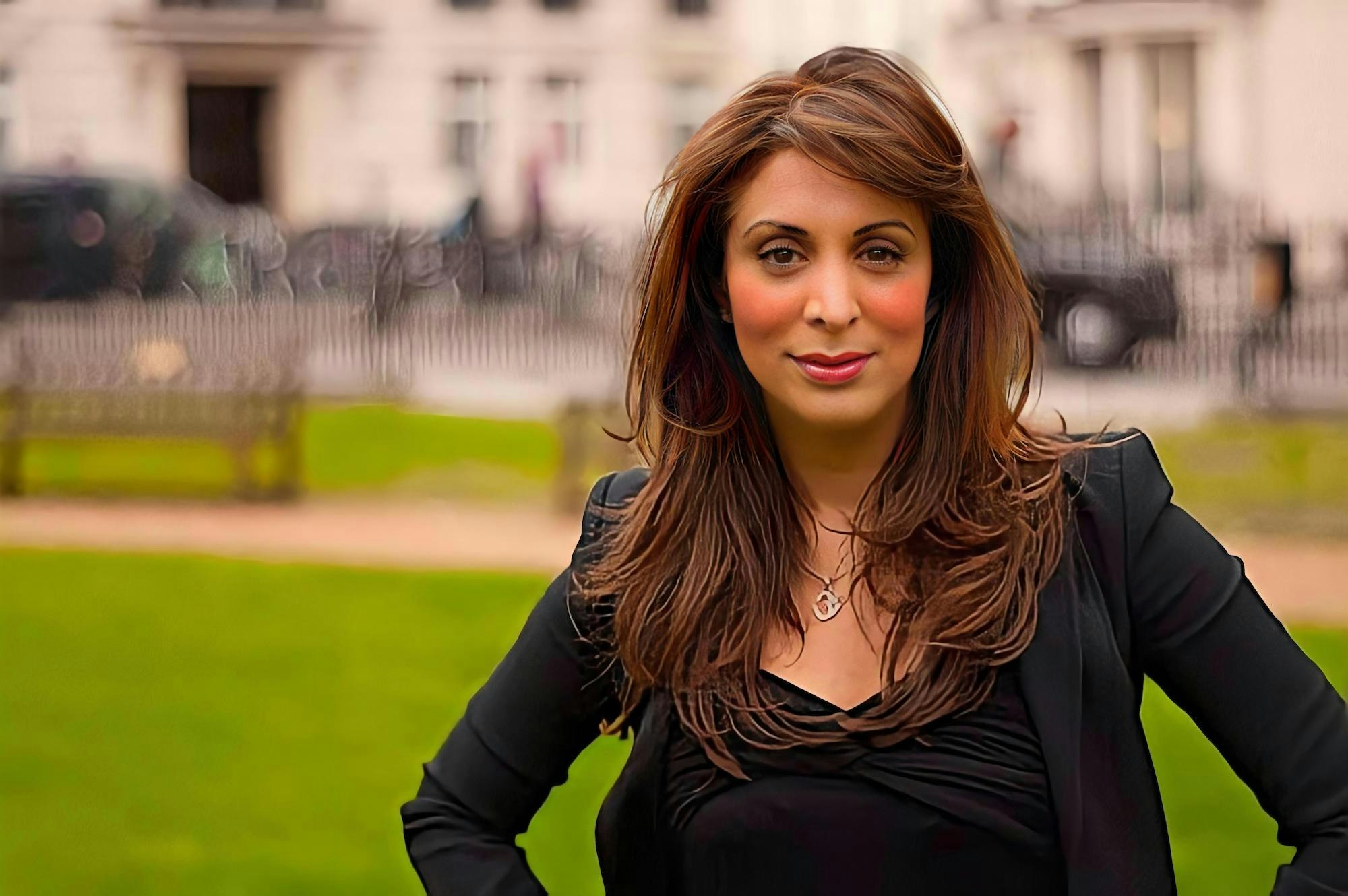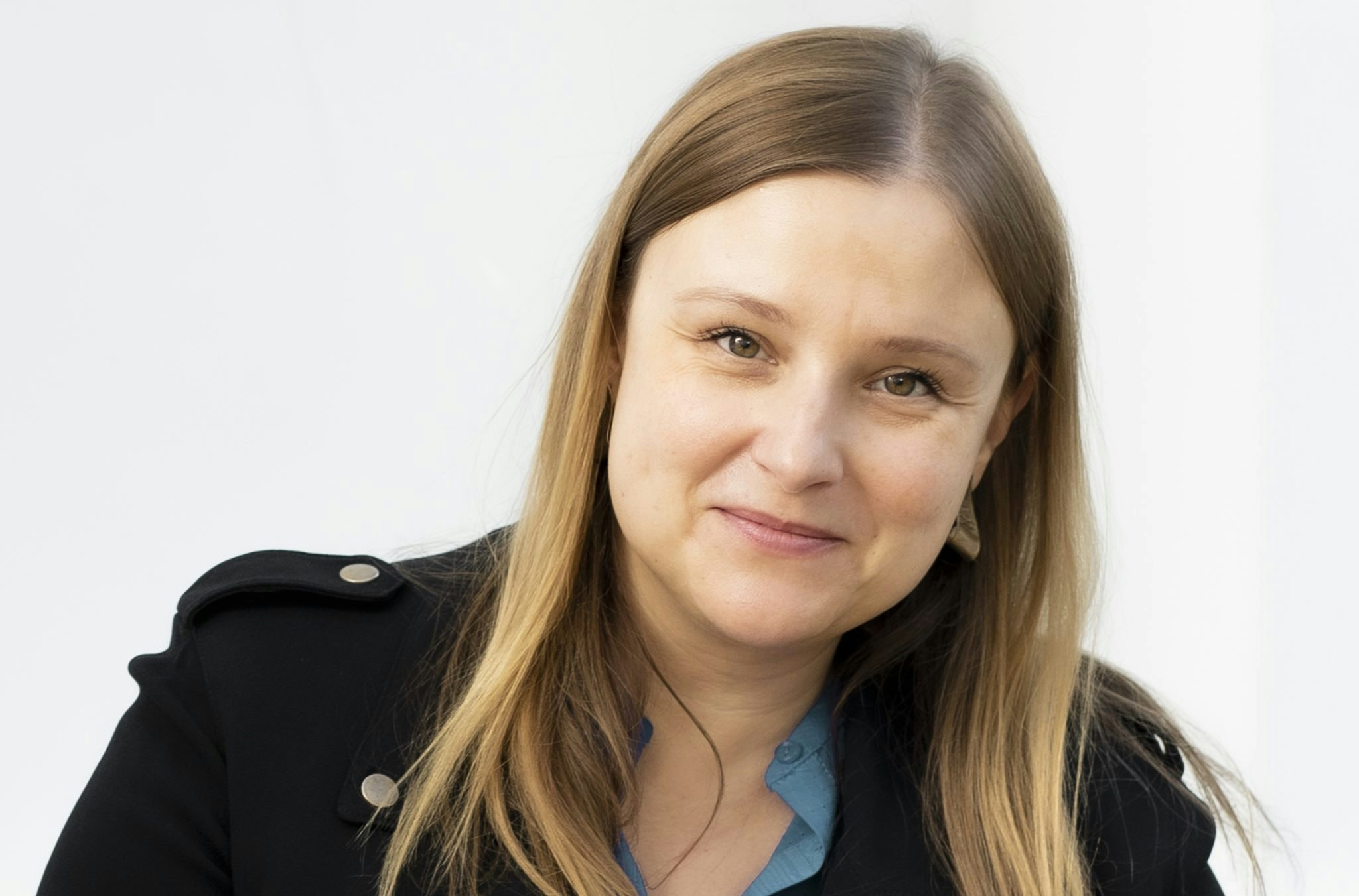Mubadala Capital belongs to a rare breed of investors in Europe: one with seriously deep pockets.
The asset management arm of Abu Dhabi's sovereign wealth fund was involved in two of Europe's 10 biggest “growth” deals last year — Getir’s $768m raise and Klarna’s $800m raise. There are practically no European investors that can write those kinds of cheques.
And while other VCs were pulling back, its eight-person venture team in Europe was also active at the earlier stages; backing seven companies from Sweden to Bavaria out of its €450m European ventures fund.
So what kind of deals is Mubadala looking to do now?
The AI supercycle
First of all — despite the hype — generative AI is near the top of its list.
“It’s no doubt probably one of the most exciting new supercycles that's happening in technology,” says Ibrahim Ajami, head of ventures at Mubadala Capital. “I want us to participate in that over the coming 10 years.”
Ajami looks after the fund’s direct investments globally, as well as its fund-of-funds programme, which has backed 45 established and emerging managers across the US, Europe, and the Middle East, roughly 20 of which are in Europe (Mubadala doesn’t share which managers it backs).
He sits on four boards, though the firm won’t share which ones. He doesn’t think any VC should sit on more than five or six.
All of this gives him a global view of where some of the biggest technology companies are heading.
“I like to tell my team that we're about four or five quarters into an eight-quarter kind of recalibration. So probably early next year, maybe we'll start seeing things turn around. Could be earlier, could be later,” says Ajami.
Mubadala Capital launched its venture strategy in the US in 2017 with a US-focused fund; the firm has been investing in European startups and funds since 2019. And amid the tech slowdown, Ajami says he’s now seeing a “systematic shift” in how VC-backed companies are operating.
“We're been having very difficult conversations, around partnerships, around strategy, around capital, around other investors. 100%. It's a battle out there. And we have to step up.”
Climate yes, consumer no
Other than AI, Mubadala is keen to invest in healthtech, enterprise technology, fintech, and more recently, deeptech.
In Europe, Ajami says Mubadala is “focused on the energy transition, climate technology, healthcare, even biotech” and says there are “still some very exciting pockets of enterprise software capability” in the region.
He’s less excited about consumer tech in Europe — where he believes there will be less capital flowing towards companies like Deliveroo, Cazoo or Auto1. He is also “sceptical” about seeing significant fintech innovation in the region over the next two to four years.
The excesses of the VC industry
The slowdown in tech has laid bare many of the excesses of the VC industry, fuelled by easy money in the post-great financial crisis era. Ajami is critical of his peers — but that’s perhaps easier when you have the backing of a long-term investor like a sovereign wealth fund.
His first bugbear is succession, which he says “the venture capital industry has been terrible at” and is also on his mind as he plots the future of the Mubadala team.
Succession refers to deciding on the next generation of partners and passing the reins to them. Some US firms have navigated this successfully, but those are few and far between. The topic remains taboo at many firms where control and capital sit with a small group of leaders.
In the past five years, they just didn't think as thoroughly and thoughtfully about how you distribute capital back through LPs as much as they did about investing
His second bugbear: distributing capital to LPs. With IPO markets shut, valuations falling and fundraising harder than ever, liquidity is hard to come by right now. Ajami says “a lot” of funds are coming to Mubadala offering to sell a stake in their portfolio or a stake in a portfolio company at a discount so they can return some cash to their investors.
“In the past five years, they just didn't think as thoroughly and thoughtfully about how you distribute capital back through LPs as much as they did about investing.”
He says that also surprised him when Mubadala was doing due diligence on buy now, pay later giant Klarna last year.
“When we were looking at Klarna last year, I called some of the investors to get their thoughts about it.”
He says that he was surprised that some investors had held on to their ownership through Klarna’s huge uptick in valuation — and were still holding on after a round that knocked its valuation down from $46bn to $6.7bn.
“It begs the question, ‘why didn't you guys monetise at $40bn if there's a lot of demand?’”
What kind of an investor is Ajami?
- On being a board member: “We just had a board meeting on Thursday, last week. All the investors came before the board meeting, had breakfast together and talked about a few things. You have to invest in those relationships with the board members to agree and align on the most important things. I like to frame things ahead of the board meeting, to make sure we're focused on the right things. I don’t like boards where you go into 1,000 slides.”
- On communicating with founders: “I was in a case recently where I felt like the CEO had let me down and wasn't transparent, and I was very open with him. I said, 'Listen, the trust [is] not there. We need to fix that.' Founders deserve that open communication.”
- The question he likes to ask founders: “‘The most successful people in your company — what are they doing? How are they behaving? What are the things they're saying?’ It pushes founders to think through the culture of the firm. That's a key part of how I build a relationship with founders.”


